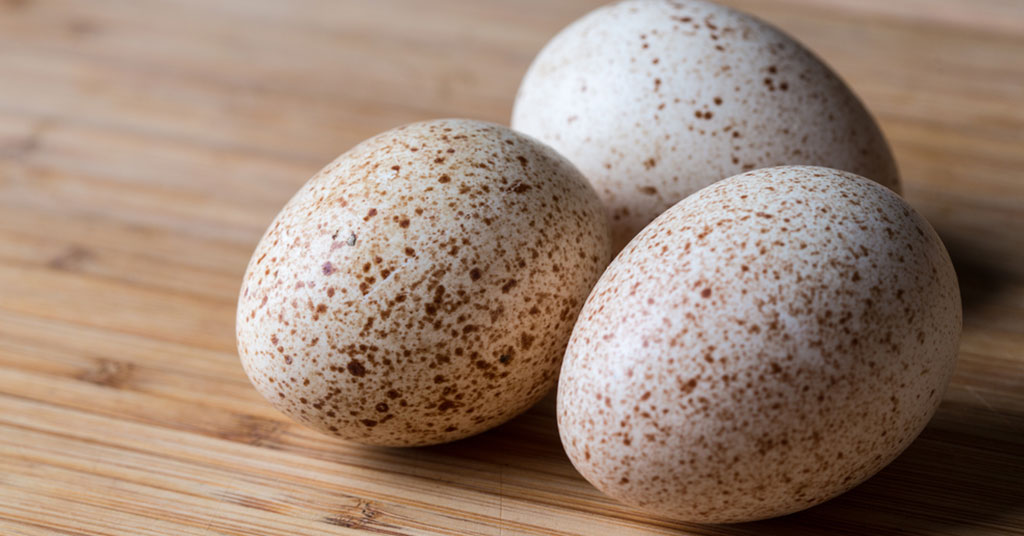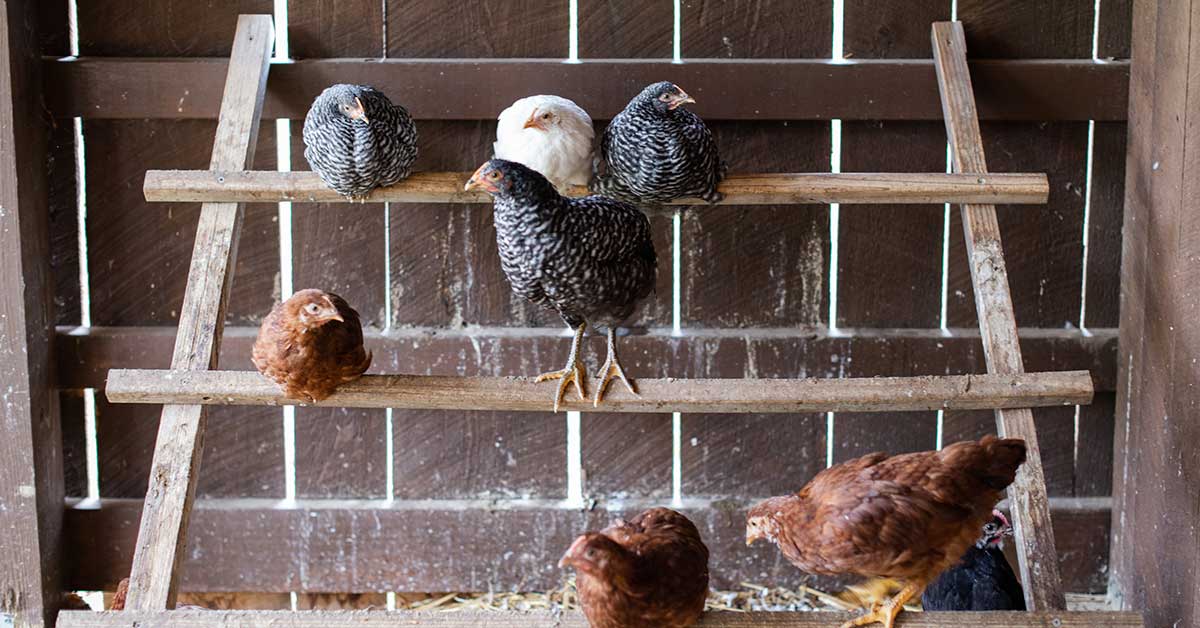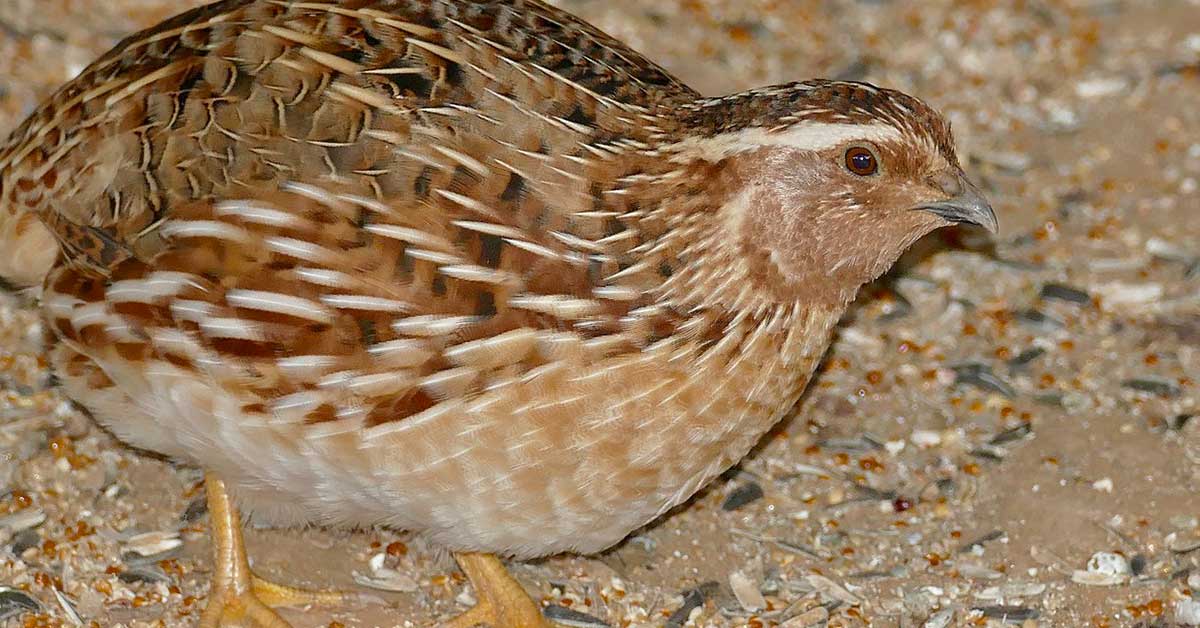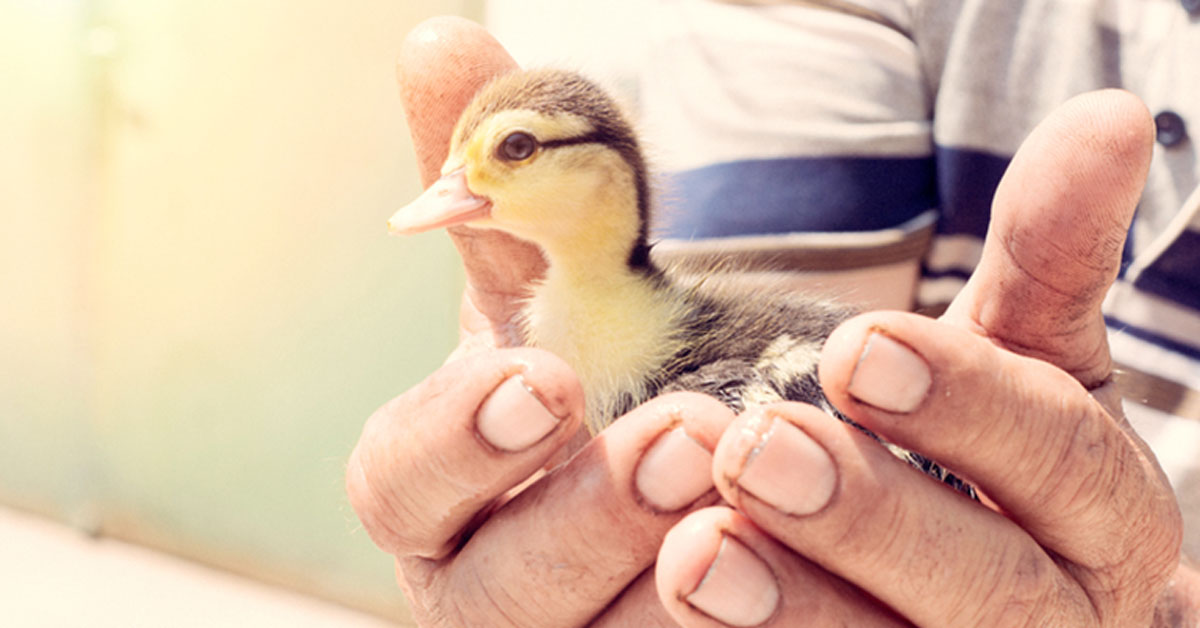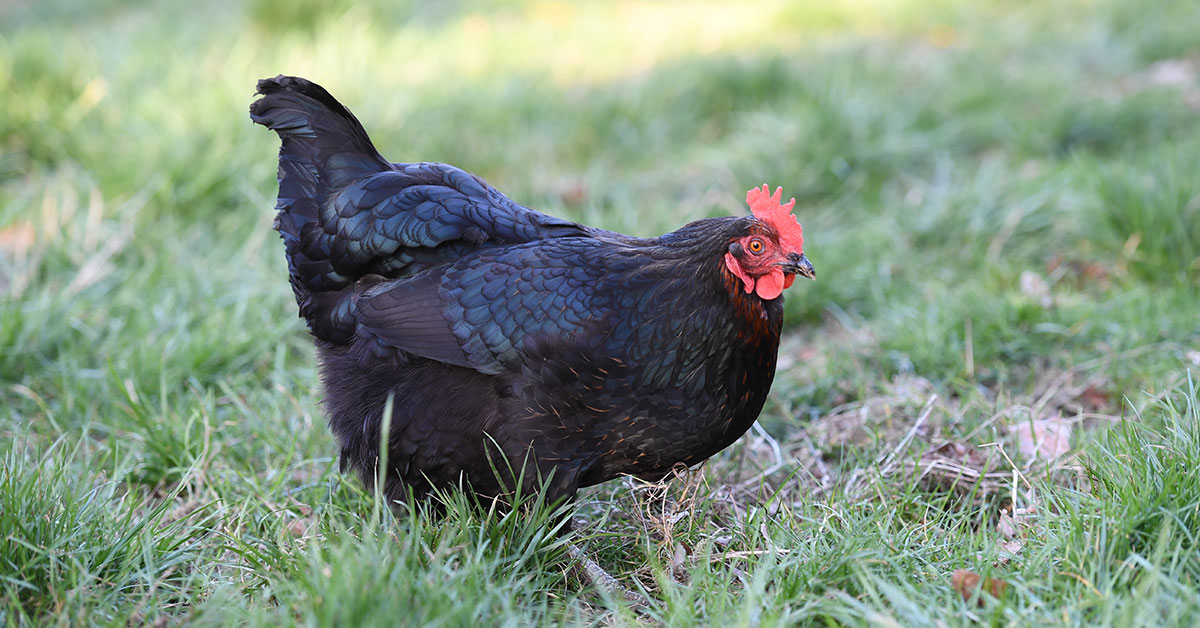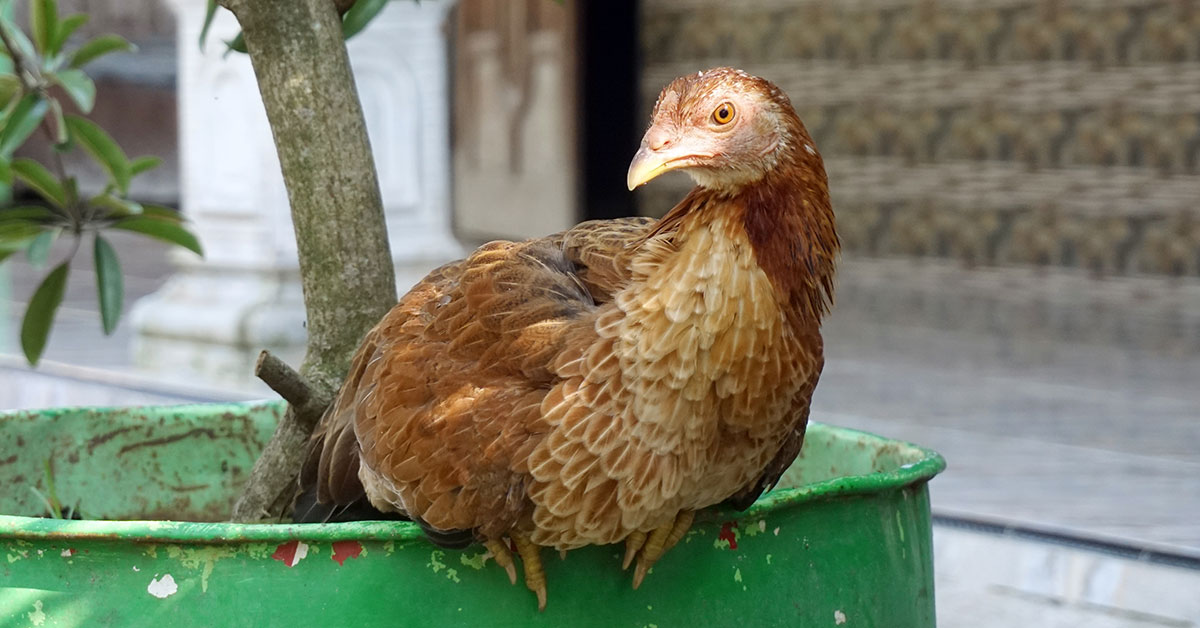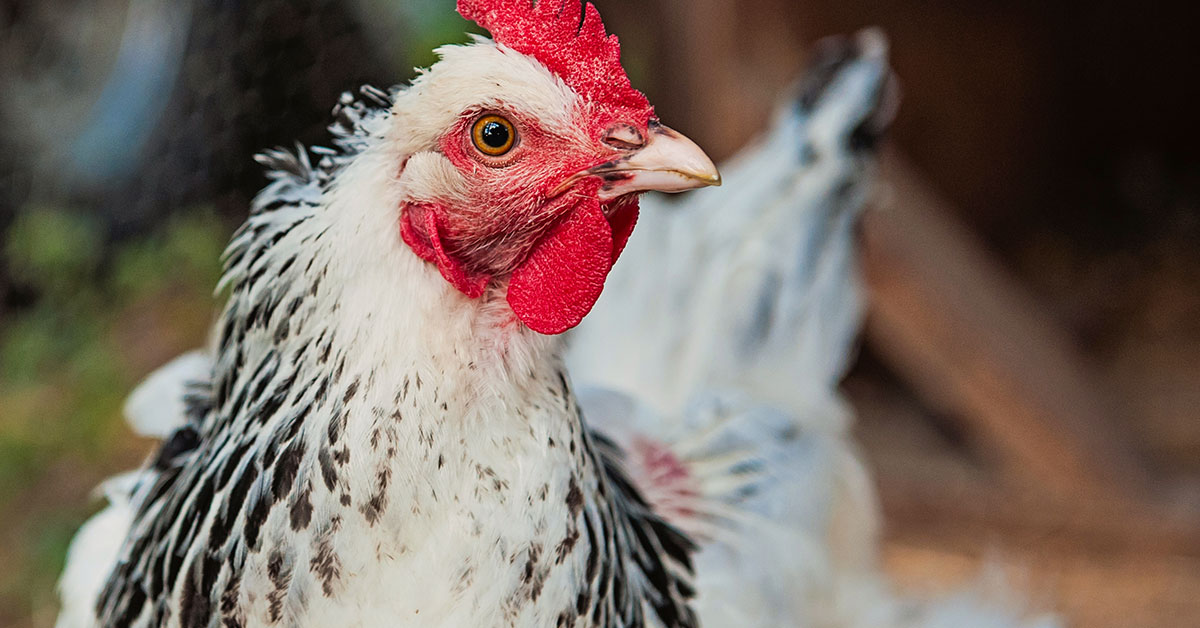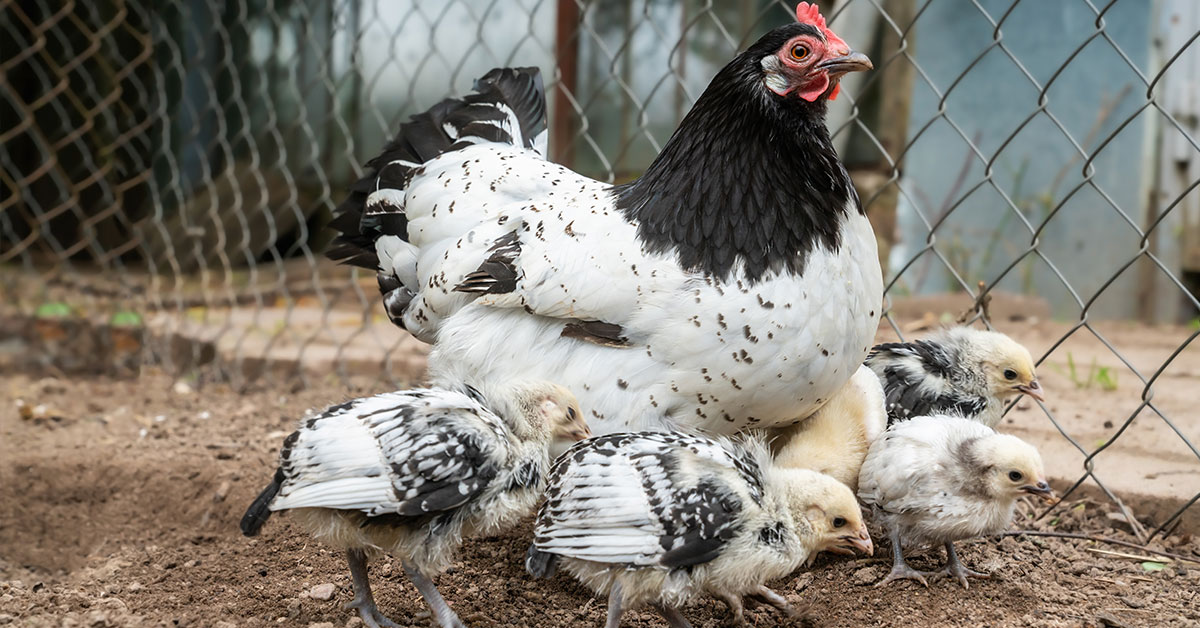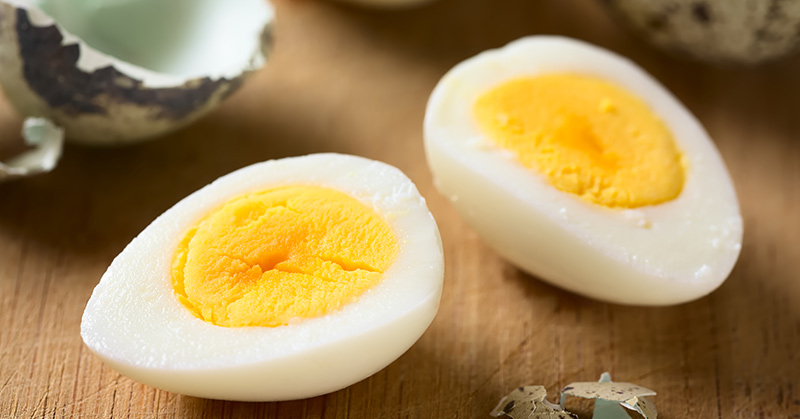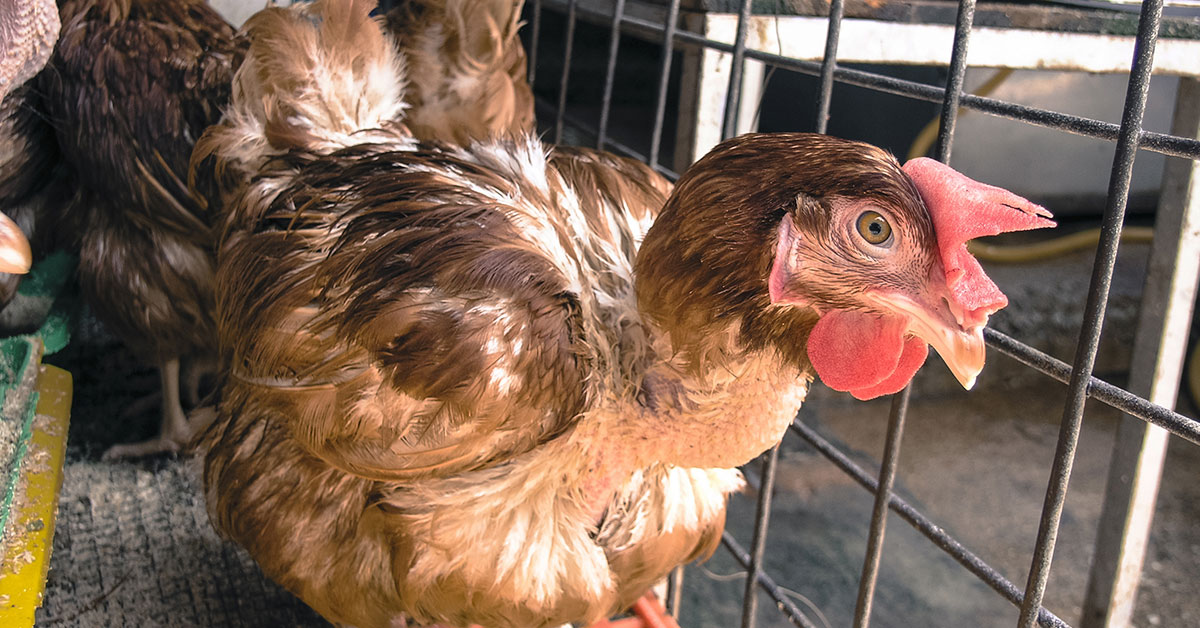When you think of breakfast, baking, or holiday meals, chances are, eggs come to mind. For the most part, the eggs we consume come from chickens. Other birds, like quail and ducks, also produce eggs that are edible. But why don’t we ever see turkey eggs made available at the grocery store? Do they not taste good? Is there a reason we don’t eat turkey eggs?
In this article, we’re going to explore everything you need to know about the humble turkey egg, including its nutrition, flavor, consistency, and why we don’t normally see turkey eggs available in the grocery store.
Can you eat turkey eggs?
Most people have eaten a chicken egg – they’re readily available in the store. But is it okay to eat turkey eggs? In short, yes, you absolutely can eat turkey eggs! Turkey eggs are absolutely edible – unless you have an allergy that prevents you from eating turkey eggs. According to the USDA, a 100g turkey egg contains 171 calories, 13 grams of protein, 12 grams of fat, and 1 gram of carbohydrates. They also contain calcium, iron, magnesium, phosphorus, potassium, zinc, copper, manganese, selenium, and a number of other nutrients as well.
What do turkey eggs taste like?
Turkey eggs have an extremely similar taste to chicken eggs. The egg itself is quite a bit larger, up to twice the size of a chicken egg, and the shell and inner membrane is pretty tough. When cracking a turkey egg, you really have to crack it with meaning. Taking a small knife and piercing the shell may be your best bet for cracking a turkey egg. But overall in terms of how they cook and taste, there is very little difference between a chicken and a turkey egg.
Why don’t we eat turkey eggs?
There are a few reasons large commercial producers and even small-scale farmers don’t typically keep turkeys for their eggs. For starters, turkeys don’t lay eggs particularly often. A chicken, duck, or quail will lay eggs approximately every 24-28 hours cyclically, but a turkey usually only lays an egg once every few days, laying two to three per week. This is the first core problem associated with keeping turkeys for eggs.
The second issue is the length of time it takes to get them to laying age. A chicken will usually begin laying its first eggs around the 21-week mark, depending on the breed. A duck takes a bit longer. Coturnix quail start laying eggs at about 6 weeks old. But turkeys typically don’t begin laying until they are 28 weeks old. That extra few weeks it takes for turkeys to start laying eggs makes all the difference from an economic standpoint.
And then there’s the issue of feed. Turkeys are larger than chickens and ducks and consume more feed. So given that they don’t produce as many eggs, take longer to get to egg-laying age, and consume more feed than other poultry, the feed to egg ratio makes them economically unviable, or at the very least a lot less profitable.
But that doesn’t mean you shouldn’t keep a few turkeys on your property if you want their eggs! Domesticated turkeys that you carefully hand-raise yourself are quite friendly and their antics are amusing to watch. I enjoy keeping turkeys just for the sake of keeping turkeys. And the two or three eggs I get from each turkey per week are delicious in scrambles!
Keep Reading: A comprehensive guide to incubating turkey eggs
